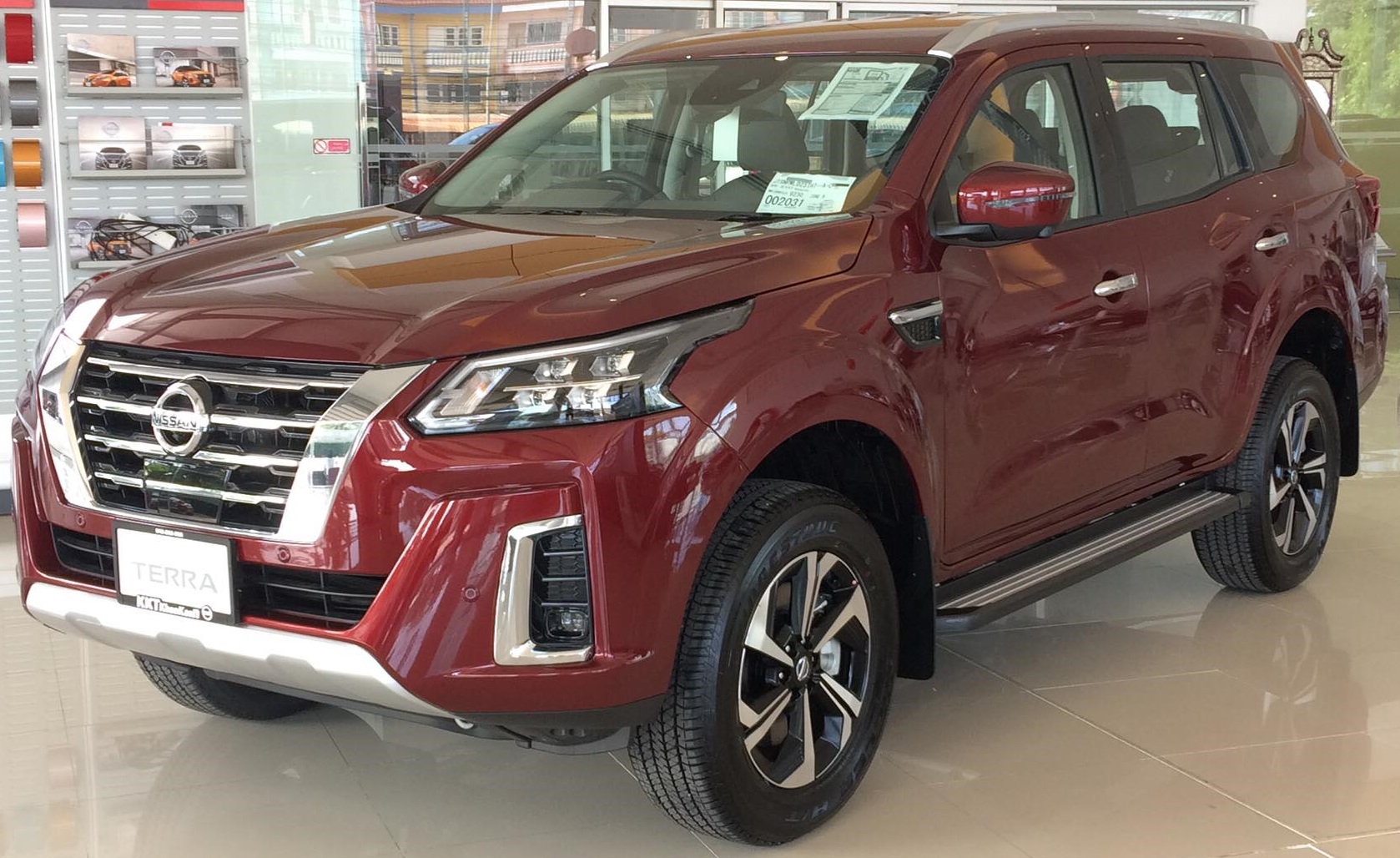
Nissan Motor Co. is preparing to revive its discontinued Xterra SUV model in the U.S. as a hybrid, with potential production slated for its Canton, Mississippi plant. The factory may also produce a hybrid version of the Frontier pickup truck. This strategic pivot comes as the financially troubled automaker executes a fast-track cost-cutting plan, which includes streamlining its global manufacturing footprint, balanced by the necessity of introducing new models to boost sales.
Focus on Frame-Based Hybrids
The Canton plant is well-suited for this change, having historically served as Nissan’s manufacturing hub for frame-based trucks and SUVs. Nissan Americas Chairman Christian Meunier discussed plans to produce a family of frame-based truck and SUV models at the facility, including the new Nissan Xterra SUV and Frontier pickup. A company spokesman confirmed in an email that these vehicles “would be electrified with a hybrid powertrain.” Reports suggest the Xterra could return to the market by 2028.
The Hybrid Market Resurgence
Introducing a hybrid SUV could provide a much-needed sales lift for Nissan. Competitors like Honda and Toyota have already successfully integrated hybrids into their respective lineups, fueling the powertrain’s resurgence in the U.S. market. Stephanie Brinley, an S&P Global Mobility associate director, noted that top hybrid models like the Toyota Camry, Toyota RAV4, and Honda CR-V are among the top-selling non-pickup trucks in the U.S. The high availability of hybrid options in popular models is contributing significantly to this trend. Brinley explained that while many consumers are not yet ready for a fully electric vehicle (EV), they are more familiar with hybrid technology, which “enables better fuel economy without significant lifestyle changes.”
While the Canton plant is part of the company’s long-term production plans, Nissan confirmed it is maintaining a temporary pause on domestic EV production. The company has asked suppliers to “temporarily pause work on the EV SUV programs while we evaluate competitiveness and market growth opportunities.” This decision to shelve its U.S.-built EV plans, which were to be realized in 2028, is driven by market softness and the end of certain federal EV subsidies.
What The Author Thinks
Nissan’s decision to revive a rugged, gasoline-era nameplate like the Xterra, but retrofit it with a hybrid powertrain, is a pragmatic move that effectively monetizes consumer ambivalence toward pure EVs. It represents a smart tactical retreat from the risk and high cost of EV manufacturing, instead capitalizing on the proven profitability of the high-demand truck and SUV segments. By focusing production on familiar, fuel-saving hybrids at the Canton plant, Nissan is betting that a blend of nostalgia and practicality will stabilize its finances and buy the company time to regroup for the next generation of electric vehicles, all while utilizing existing factory capabilities.
Featured image credit: Wikimedia Commons
For more stories like it, click the +Follow button at the top of this page to follow us.
